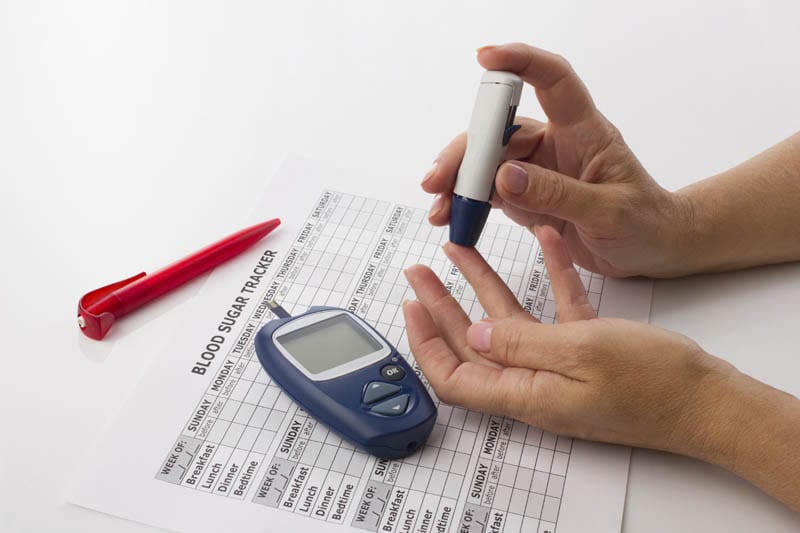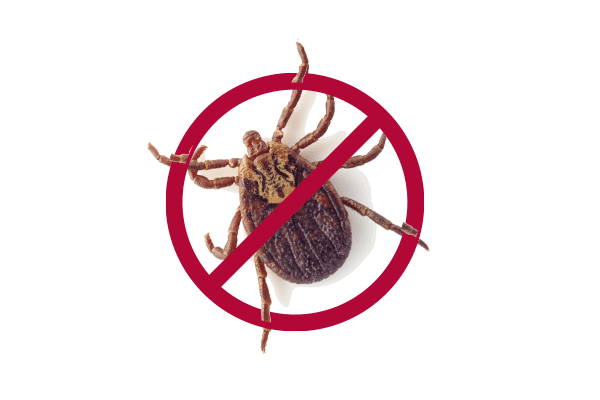
by jennie | Jan 23, 2020 | Nutrition
Now Open for Registration! DFD Russell Medical Centers is excited to announce a new nutrition education series, “Ten Tips for Adults.” Educate yourself with healthy, affordable eating and nutrition habits that will benefit you and your entire family through...

by hanna | Jan 6, 2020 | Emotional Health, Mental Health
Not only is stress a nuisance, it’s harmful to your health. Let’s talk about some common causes and treatments so you can be more present for the important things in your life. What is Stress? Stress is a natural response made by our central nervous system. Our brain...

by hanna | Dec 12, 2019 | Nutrition
The holiday season has officially ended—and with it all the rich, decadent foods. Whether you’ve made a New Year’s resolution or not, here are three tips to consider for healthier eating in 2020 and beyond. Don’t Skip Meals You may think that since you ate so...

by hanna | Nov 25, 2019 | Emotional Health, Mental Health, Physical Health
It’s officially the holiday season, meant for celebration, unity, and joy. And yet, it can also bring stress and exhaustion, compromising your physical and mental health. Here are five tips for staying healthy and happy during the holidays. Keep Moving You may be too...

by hanna | Oct 29, 2019 | Physical Health
Let’s break down the basics of the three different types of diabetes. Type 1 Diabetes Type 1 diabetes is usually diagnosed in early childhood or early adulthood. In Type 1, the body does not produce insulin. Insulin is a hormone needed in order to get...

by hanna | Sep 12, 2019 | Physical Health
Many young athletes are diagnosed with exercise-induced asthma but may, in fact, have vocal cord dysfunction. The problem? It is often difficult to differentiate between the two. There are multiple irritants in the air that can trigger breathing problems in young...

by hanna | Aug 19, 2019 | Physical Health
Shoulder injury is more common than you think, especially in relation to sports. Pitching a baseball, playing volleyball, taking a hit in football, constant swimming—all can result in some sort of damage to the shoulder. Now that fall is approaching, the potential for...

by hanna | Jul 1, 2019 | Events, General News
Community health centers are an important part of the healthcare system, serving rural and vulnerable neighborhoods. They are the providers of choice in medically underserved areas of the country. Maine is home to twenty community health centers with over seventy...

by hanna | May 22, 2019 | Awareness, General News
Ticks thrive in Maine’s wooded and unmaintained areas, such as high grass and leaf debris. They are particularly established in southern and coastal parts of the state. This year is an especially high-risk season but there’s no need to be afraid as long as you’re...

by hanna | Apr 17, 2019 | Physical Health
Flossing, brushing, and rinsing are done every day to keep mouths clean and breath fresh. But did you know the importance of wearing a mouthguard? The Why More than five million teeth are damaged every year, many during sports activities. Wearing a mouthguard prevents...










